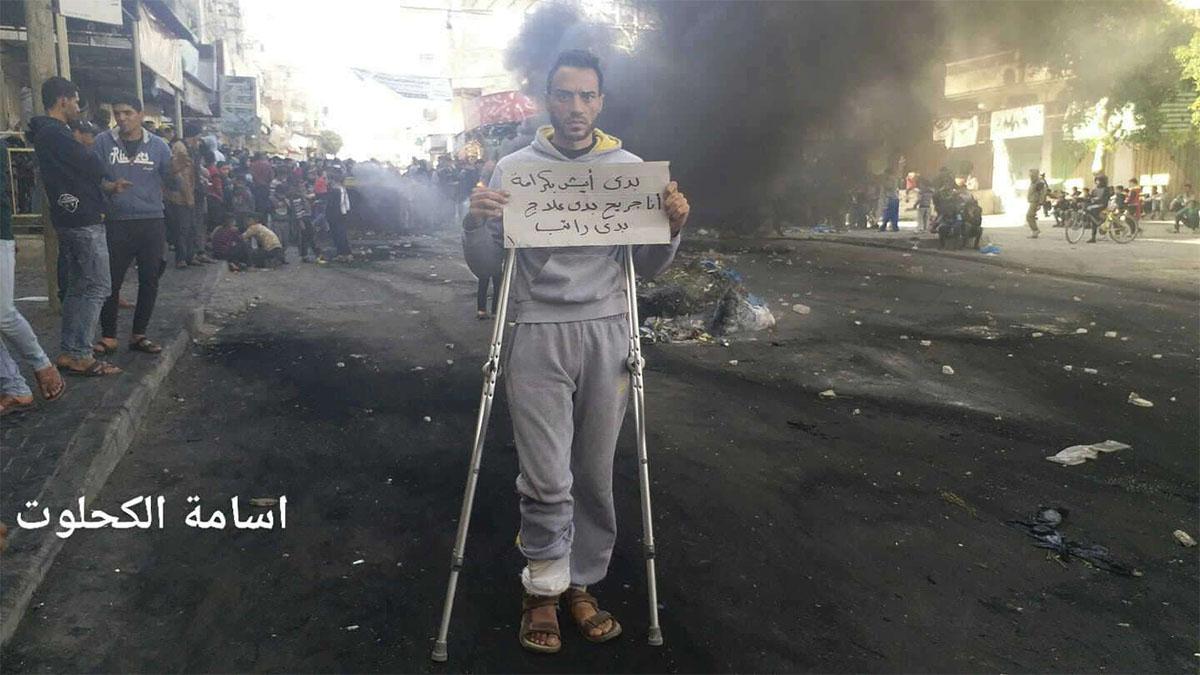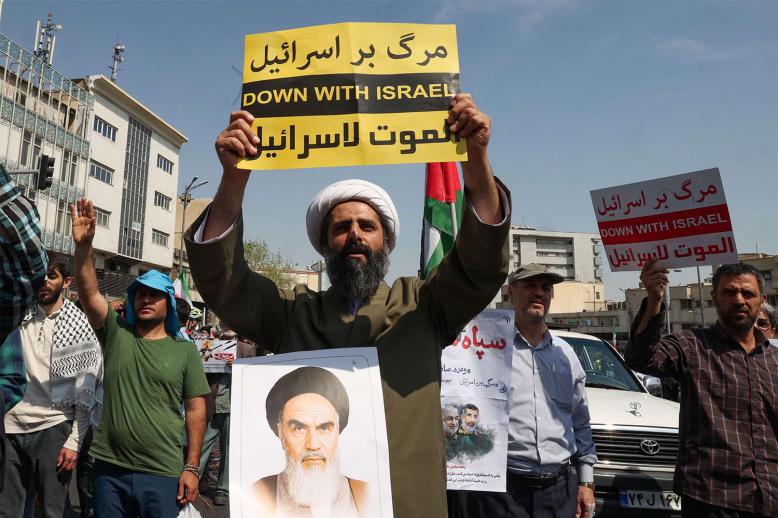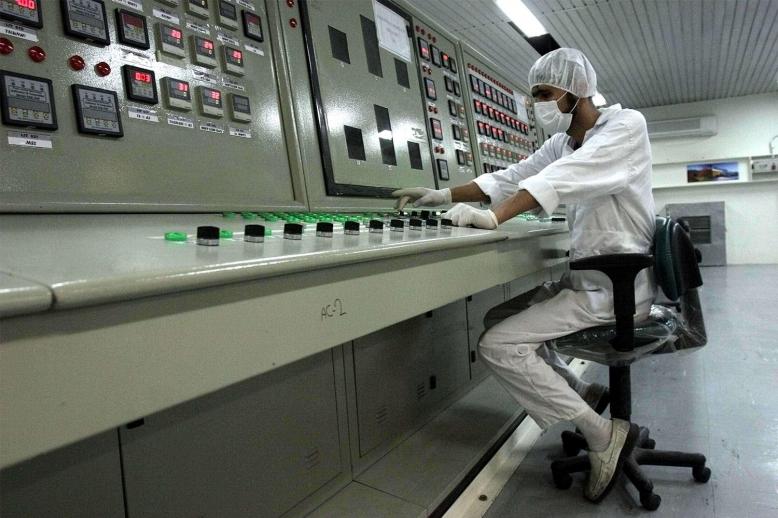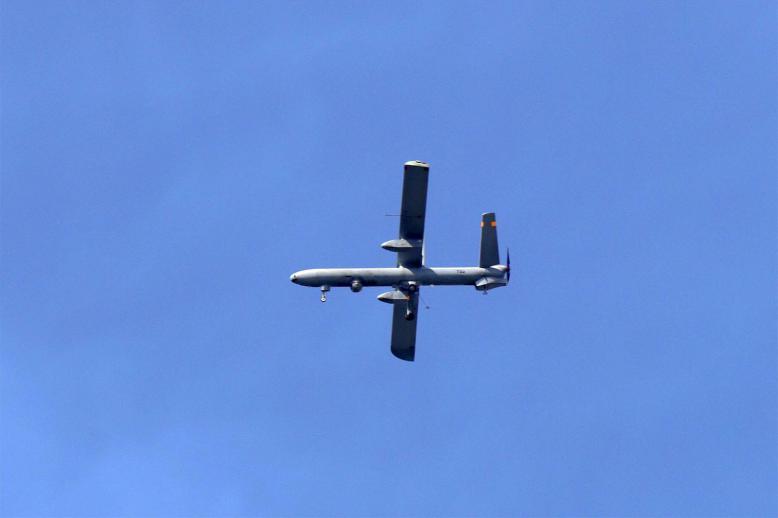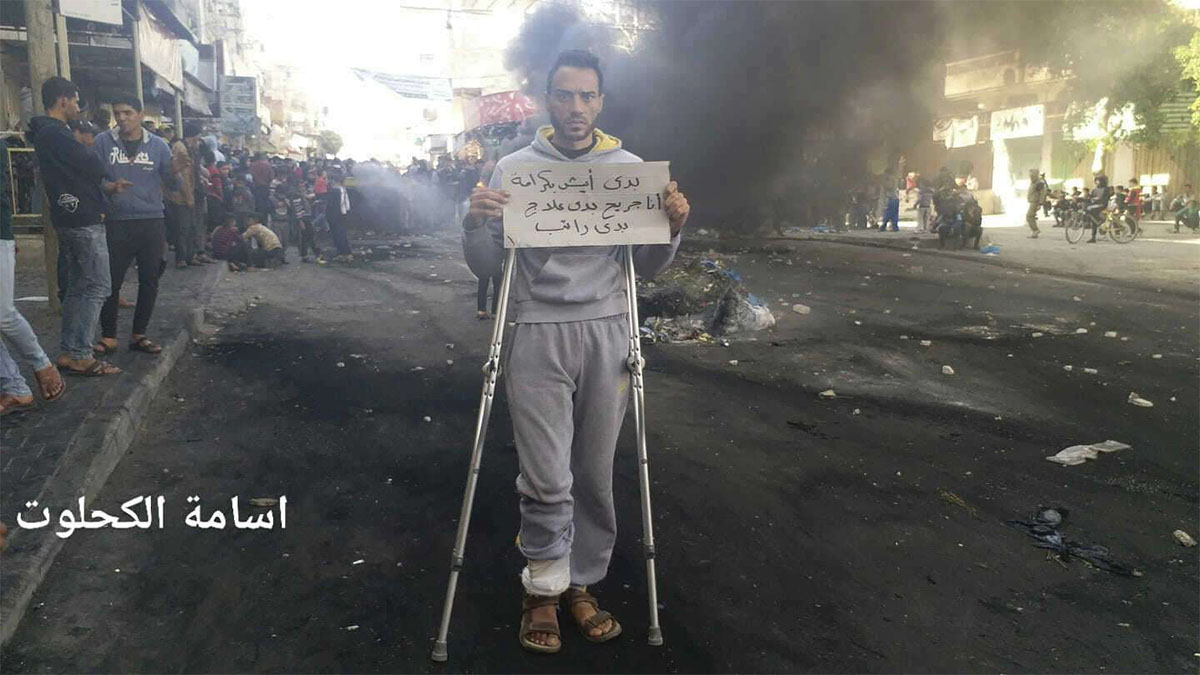Calls for protests persist in Hamas-held Gaza
GAZA CITY - Gaza has seen regular protests along the Israeli border for the past year, but new demonstrations in recent days have been much less to the liking of the strip's rulers Hamas.
Over the course of several days beginning last week, hundreds of Palestinians gathered in multiple locations in protests against rising prices but also in opposition to the Islamist group, which has controlled Gaza since 2007.
Hamas security forces cracked down harshly, beating protesters and arresting hundreds, rights groups say.
Demonstrations have since petered out, though organisers have called for fresh rallies in the coming days.
United Nations envoy Nickolay Mladenov on Sunday condemned a "campaign of arrests and violence" by Hamas security forces.
"The long-suffering people of Gaza were protesting the dire economic situation and demanded an improvement in the quality of life in the Gaza Strip," said Mladenov, envoy to Israel and the Palestinian territories.
The protests are a rare internal challenge to Hamas, which has fought three wars with Israel since 2008.
Small numbers gathered in various spots from Thursday to Sunday, calling for Hamas authorities to reduce taxes and improve the economic situation.
Youth unemployment in Gaza is 70 percent, according to the World Bank, which says the main cause is the Israeli blockade of the strip along with Egypt's border having been largely closed in recent years.
Israel says the blockade is necessary to restrict Hamas, but rights groups argue the measures amount to collective punishment of the roughly two million residents.
'Chaos and sabotage'
Facing financial shortfalls, Hamas has increased taxes on cigarettes and other imported goods. Tomatoes have up to trebled in price, while many other basic goods have spiked.
In response to the protests, hundreds of people have been at least temporarily detained, according to rights groups, while a number have talked of arbitrary beatings at the hands of Hamas forces.
More than 1,000 people have been questioned or detained, according to the Independent Commission for Human Rights, founded by the West Bank-based Palestinian Authority, which Hamas chased from Gaza in 2007.
Osama Kahlout, a journalist based in Deir Balah in central Gaza, was broadcasting the protests live on Facebook as they occurred outside his house.
He said a group of men stormed his house and beat him for 10 to 15 minutes, which he said left his back covered in bruises.
A senior member of Palestinian president Mahmud Abbas's Fatah, Hamas's rivals, was badly beaten near his home Monday evening.
Fatah accused Hamas gangs of being behind the attack on Atef Abu Seif, though Hamas denied it and pledged to investigate.
Demonstrators insist the protests are not primarily political, but instead economic.
The rallies have been watched closely in Israel, including by those hoping to draw further attention to them.
Fatah has also expressed support for protesters, and Hamas accuses outside hands of stirring trouble.
Iyad al-Bozum, spokesman for Hamas's interior ministry, said the authorities were "not against demonstrations protesting the difficult conditions of our people in Gaza because of the blockade".
"But we will not allow them to be exploited in order to provoke chaos and sabotage," he said, adding Hamas believed calm had been restored.
He did not respond to questions about violence by the security forces.
Worst hours
Hind Khoudary, Amnesty International's researcher in Gaza, said she was called in by Hamas security Monday morning for what she was told would be a basic five-minute meeting.
Once inside she was grilled about Facebook posts highlighting the protests, she said.
She said she could hear "people screaming" and what sounded like "people being hit" in nearby rooms and feared it was her fiance, who was being questioned separately.
After several hours of questioning she was released on condition she removed some Facebook posts.
"Those three hours were some of the worst in my life."
"I would prefer them physically beating me, rather than this psychological abuse," said Khoudary, whose fiance was also released physically unharmed.
"To be honest I removed the Facebook posts because I don't want to go to that place. I don't want to feel the same again, to give them an excuse to humiliate me again."
Khoudary pointed out she had documented alleged Israeli violations at the protests and clashes along the border fence throughout the year.
The anniversary of those marches - in which more than 200 Palestinians have been killed by Israeli fire - will occur on March 30.
Two Israeli soldiers have been killed over the same period.
Israel says its actions are necessary to defend the border and accuses Hamas of orchestrating violence there.
Large demonstrations had been expected for the one-year anniversary, but the regular Friday protest was unexpectedly cancelled last week after a flare-up with Israel.
The Jewish state is also facing elections on April 9 and is hoping to avoid an increase in tensions on its borders.

